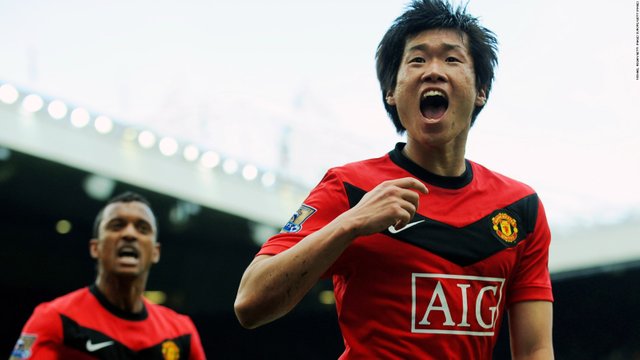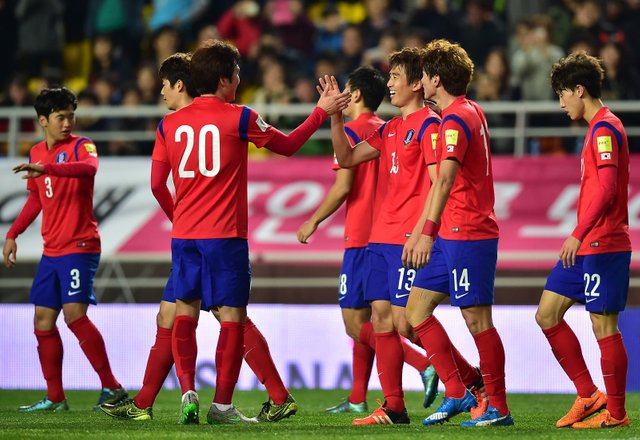How Korean ‘Spec’ Culture is Undermining World Cup Performances

Another 4 Years
South Korea has their final game in this year’s World Cup on Wednesday, but their fate is already sealed. Having taken 0-1 and 1-2 losses against Sweden and Mexico respectively, they’re already eliminated from moving on from the group F bracket. This makes the third tournament in a row that they did not proceed from the group matches, a string of heartbreaks after the famous 2002 home-ground event where they reached the quarterfinals. It seems like the future of Korean football is pretty much sealed as a B-team on the world stage.
But there’s a very unique moment that came out of this last match when hopes were slashed. International soccer superstar and former Manchester United player Park Ji Sung was commentating on the games and upon the final loss, said this -
“Without structural improvement, it's going to be the same result every 4 years.”

In Korean sports, social hierarchy plays a tremendous role. It’s the same influence that engenders severe tiger-momming and “gabjil” where high-standing superiors terrorize the lives of underlings. Korea is built similar to an oligarchy where almost everything becomes pay-to-win with everything from universities to corporate positions and the rich are royalty. Park’s statements opened the public’s eyes to how that culture affects modern sports as well, pointing out that performing at the world stage is just as much a “spec” as going to Harvard or working at Samsung. This makes playing on the national team a political and social move as much as it is an professionally athletic one.
This is a dangerous precedent to professional sports, allowing the rich to break into what should be gated for just the skilled and dedicated. The implications of letting money and standing influence who plays on any team, much less on the international stage, is very troubling and undermines the prospects of any group reaching their full potential.

- ######Source
Many drew on the example of Gustav Hiddink, the Dutch coach that brought South Korea to such a high level in 2002. Instead of going the traditional route of choosing a team, he himself travels all around the country, watching countless national matches and hand-chose who would perform. This was how Park Ji Sung himself was discovered, who was until that time an underrated player on a provincial team. Hiddink bypassed the influence and pressure that is put on national coaches and organizations.
Ultimately, this is a form of corruption that persists in Korean politics, a type that isn’t discussed as much but has a resounding affect on the outcome of these types of events.

It would be safe to say that the outcome against Sweden and Mexico could have been quite different if the South Korean team had been a bit more refined with even a 5% increase in overall talent. It’s difficult to pin down the ifs and ors in this type of scenario, but it remains disturbing that we’ll never know since the talent structure was undermined to begin with. I would love to see South Korea perform better in future group tournaments and a major factor in getting there is understanding this weakness.
What do you think? Does this happen in your country? Can SK do better next time? Let me know your thoughts and I’m regardless excited for Wednesday’s game against Germany.

I hope Korean soccer team will win German today but it may be impossible dream.
결과는 이미 나와있지만, 어쨌든 선수들이 후회없이 잘 싸웠으면 하네요~
코리아 가즈아!!!